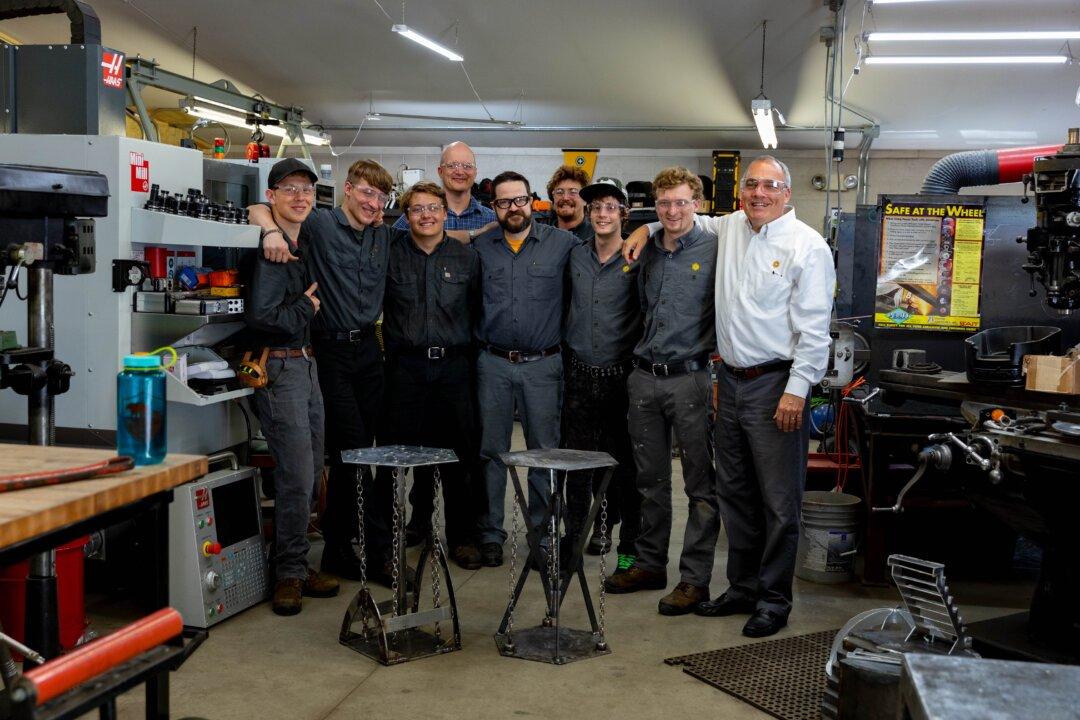What do an air hammer, a student, and the Greek philosopher Plato have in common?
They are all part of an education that, as Plato puts it, teaches “children to desire the right things.”

What do an air hammer, a student, and the Greek philosopher Plato have in common?
They are all part of an education that, as Plato puts it, teaches “children to desire the right things.”